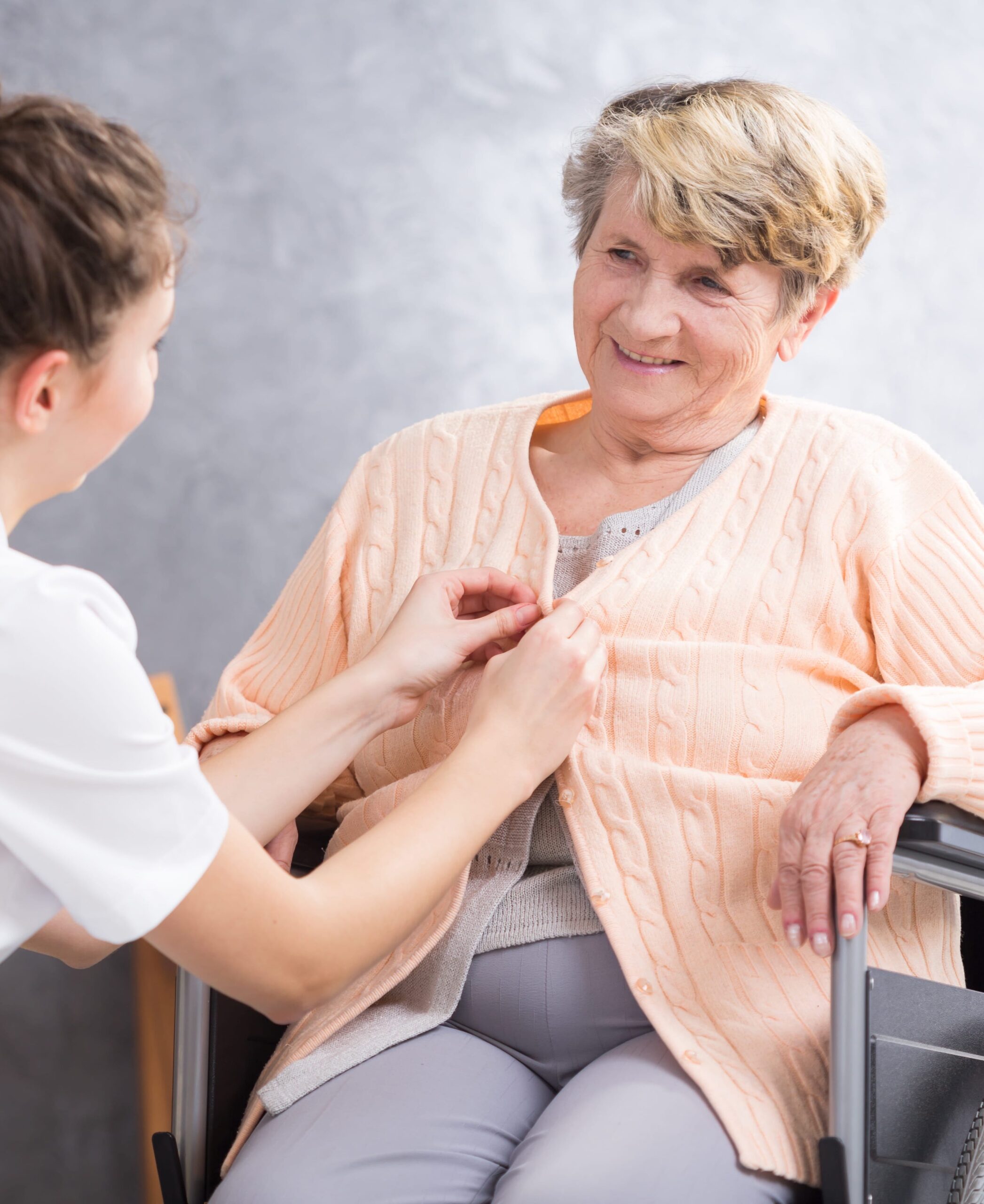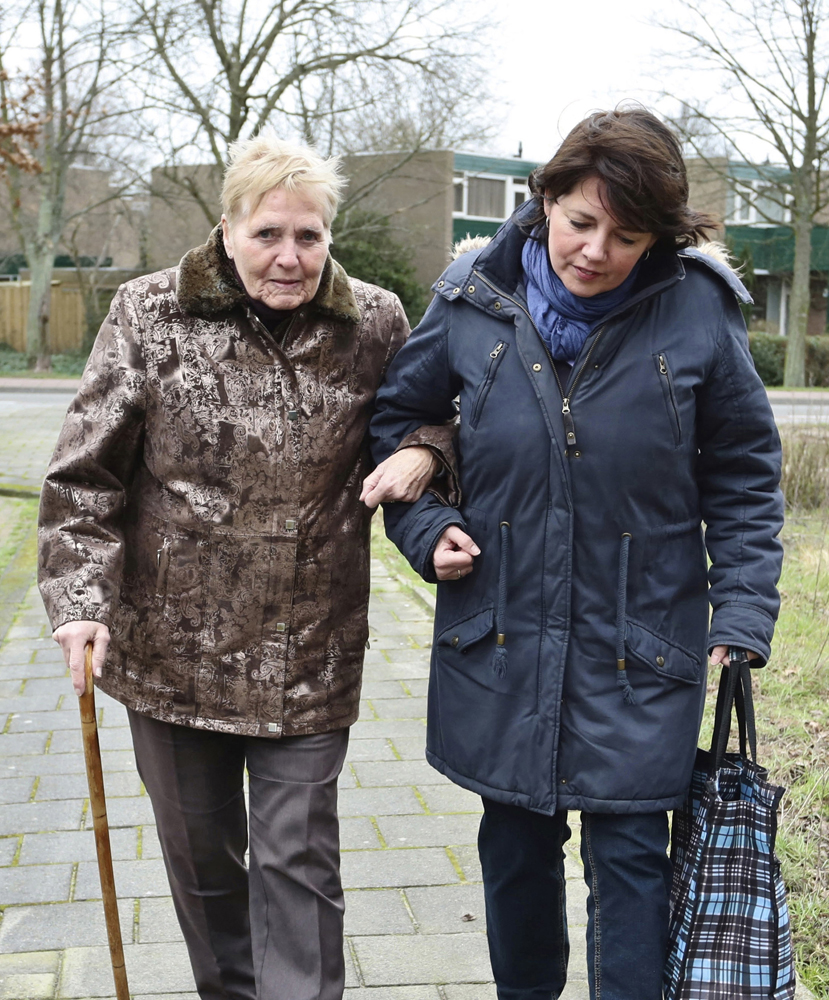The Food and Drug Administration’s Commissioner Robert Califf has defended the agency’s approval of the new Alzheimer’s drug called Aduhelm. This follows an investigation by House Democrats which found close cooperation between the drug’s sponsors and regulators. The findings were made by the Oversight and Reform Committee and the Energy and Commerce Committee which found an unusual number of meetings between Biogen Inc. and the FDA. The FDA also co-authored with the company a briefing document presented to outside advisors, which is very unusual. Unfortunately, the drug was pulled off the market because Medicare refused to cover the expensive drug.
Walking May Reduce Dementia Risk
According to a large-scale study which was published in JAMA Neurology, walking 9,800 steps a day reduces your risk of cognitive impairment by up to 50%. Walking 3,800 steps a day improves your chances of avoiding dementia by 25%. Researchers monitored the daily step counts of more than 7,800 adults between the ages of 40 and 79 over a seven-year period. “I think this reinforces recommendations that we can make to people that walking is likely to be beneficial,” Dr. Ronald Peterson, director of the Mayo Clinic Alzheimer’s Research Center, told AARP Bulletin.
The Novel Idea Of Using Legos To Communicate With Dementia And Alzheimer’s Suffers
Author Loretta Veny published a book called “Being My Mom’s Mom,” in part to help her pay for her care for her mother who was suffering from dementia. She found a novel way to communicate with her mom: Legos. “When you put the Lego bricks out, it’s like they come alive again,” she says of her experiences with people who have dementia. She got the idea from her career in security management and training, when she used to put out the building blocks for emergency planning and tabletop evaluation exercises. She recalls a pivotal moment just after the doctor’s appointment when her mother was first officially diagnosed with dementia. In the car ride home, she gave her mom a bunch of Legos and said, “Build how you feel.” Her mother took the head off the Lego person in her hands and said to her daughter,” I’m afraid that years from now, I’m going to lose my head.” Ms. Veney says, “That was the most profound way to describe what was coming.” In the middle days of dementia, her mother could still build with Legos and create a story. Clicking Lego bricks together gave her a voice,” said Ms. Veney.
Monterey, CA Alzheimer’s Researchers Come Up With Pre-Emptive Strike
Some of the world’s largest drug companies are trying to develop preventative drugs for Alzheimer’s disease, prescribing drugs for high-risk patients that would reduce plaque on the brain and stave dementia off even before it starts. There have been so many failed attempts at developing successful drugs to delay the onset of Alzheimer’s disease that it’s hard to have new hope. But this attempt does look promising. Both Eli Lilly Co. and Eisai Co. are going to do large-scale drug trials on thousands of healthy adults, helping to push back cognitive decline before it even starts. By the time people show obvious signs of Alzheimer’s or dementia, there’s usually been so much brain damage that not a lot can be done. Recent brain-scan studies have shown that toxic proteins, including amyloid, can accumulate in the brain for two decades or more before they lead to dementia. Neurologists are hoping that removing amyloid before it causes damage will provide a huge impact on this disease.
Keeping Blood Pressure Low Reduces Alzheimer’s And Dementia Risk
Scientists know that having high blood pressure, particularly between the ages of 40 and 65, increases the risk of developing dementia later in life. Until now, it was not clear whether monitoring your blood pressure at home and then getting on meds to control it if it is high was helpful in reducing dementia in older adults.
“What is so exciting about our study is that the data shows that those people who were taking the blood pressure lowering medication had a lower risk of a dementia diagnosis than those taking a matching placebo,” said Ruth Peters, an associate professor at the University of New South Wales in Australia, who is also a senior research scientist at Neuroscience Research Australia, a nonprofit research organization, told KSBW News.
The new study, which was published recently in the European Heart Journal, looked at 28,000 older adults (with an average age of 69) who all had a history of hypertension. It found that a drop of about 10 mm/HG on the systolic and 4 mm/HG on the diastolic blood pressure reading at 12 months significantly lowered the risk of a dementia diagnosis.
In addition, as blood pressure dropped, so did cognitive risk, which held true to at least 100 mm/HG systolic and 70 mm/HG diastolic. When sex, age or history of stroke were taken into account, there was no difference in outcome.
Mental Health Tied To Diet
Although it would be stating the obvious that fruit is better for you than potato chips, a new study from Aston University in Birmingham, England, found that eating healthy snacks rather than other options like potato chips can help stave off psychological and memory problems. The findings, which were published in the British Journal of Nutrition, found that those who ate fruit more often showed reduced symptoms of depression and greater positive psychological well-being. More frequent eating of potato chips and other savory snacks resulted in increased anxiety, depression, stress and reduced psychological well being. Eating a portion of fruit of any size was good for mental health.
1 In 10 Seniors Have Dementia, New Study Shows
A new study, which was published in the journal JAMA Neurology, found that one in 10 Americans over the age of 65 have dementia, while 22% experienced mild cognitive impairment. It studied nearly 3,500 people via interviews and neuropsychological tests on a randomly selected sample of seniors between June of 2016 and October of 2017. 15% of those who identified as black tested positive for dementia, while 22% had mild cognitive decline. 10% of those who identified as Hispanic had dementia, while 28% had mild cognitive impairment. This compares to 9% of white people who had dementia and 21% had mild cognitive impairment.
Link Between COVID-19 And Alzheimers And Dementia Found
A new study, which was published in the Journal of Alzheimer’s Disease, found that there were seven new diagnoses of Alzheimer’s disease for every 1,000 seniors who had a documented case of COVID-19 in the past year, compared to five new diagnoses for every 1,000 who did not. However, Heather Snyder, VP of medical and scientific relations at Alzheimer’s Association, played down the study.
“The pandemic presented serious delays for individuals seeking out medical diagnoses like Alzheimer’s, meaning these results could be driven by those who already had Alzheimer’s when they were infected but had not yet sought out a formal diagnosis,” Snyder said.
Dr. Elezer Masliah, director of the Division of Neuroscience at the National Institutes of Health’s National Institute on Aging, said there is evidence that COVID-19 could trigger cognitive impairment. One step in finding out would be to follow people at risk for Alzheimer’s after a COVID-19 infection over the long term, tracking biomarkers found in the blood and doing brain scans.
Imagine how many millions of people over the age of 60 or 65, like myself, have had COVID. Say 5% of them or 10% of them or even 1% of them are at risk,” he said. “Wow. We’re looking at a lot of people in the next few years that might add to the already very large epidemic that we have,” he added.
Study Says : Take Your Multiviamin To Help Stave Off Alzheimer’s & Dementia
A new study, which was published in Alzheimer’s & Dementia : The Journal of the Alzheimer’s Association, found that taking a daily multivitamin for 3 years improved global cognition, including orientation/attention, memory, verbal fluency, language and visuospatial ability. It also helps with episodic memory (the ability to recall and mentally re-experience specific episodes from one’s past) and executive function (a set of mental skills that include working memory, flexible thinking and self control). The study was conducted by researchers from the Wake Forest University School of Medicine in collaboration with Brigham and Women’s Hospital in Boston. The study was originally conducted to prove that dark chocolate helped with memory—study participants were given either a cocoa extract supplement, a multivitamin, or a placebo every day for three years. The researchers were surprised by the finding that multivitamins were more impactful than dark chocolate. Laura Baker, P.h.D., author of the study and professor of gerontology and geriatric medicine at Wake Forest University told CNN, “We really believed that the cocoa extract was going to have some benefits for cognition based on prior reports of cardiovascular benefit. So we’re waiting for that big reveal in our data analysis—and it was not cocoa extract that benefited cognition but rather the multivitamin.”
Link Between COVID-19 And Alzheimer’s And Dementia Found
A new study, which was published in the Journal of Alzheimer’s Disease, found that there were seven new diagnoses of Alzheimer’s disease for every 1,000 seniors who had a documented case of COVID-19 in the past year, compared to five new diagnoses for every 1,000 who did not. However, Heather Snyder, VP of medical and scientific relations at Alzheimer’s Association, played down the study.
“The pandemic presented serious delays for individuals seeking out medical diagnoses like Alzheimer’s, meaning these results could be driven by those who already had Alzheimer’s when they were infected but had not yet sought out a formal diagnosis,” Snyder said.
Dr. Elezer Masliah, director of the Division of Neuroscience at the National Institutes of Health’s National Institute on Aging, said there is evidence that COVID-19 could trigger cognitive impairment. One step in finding out would be to follow people at risk for Alzheimer’s after a COVID-19 infection over the long term, tracking biomarkers found in the blood and doing brain scans.
Imagine how many millions of people over the age of 60 or 65, like myself, have had COVID. Say 5% of them or 10% of them or even 1% of them are at risk,” he said. “Wow. We’re looking at a lot of people in the next few years that might add to the already very large epidemic that we have,” he added.










